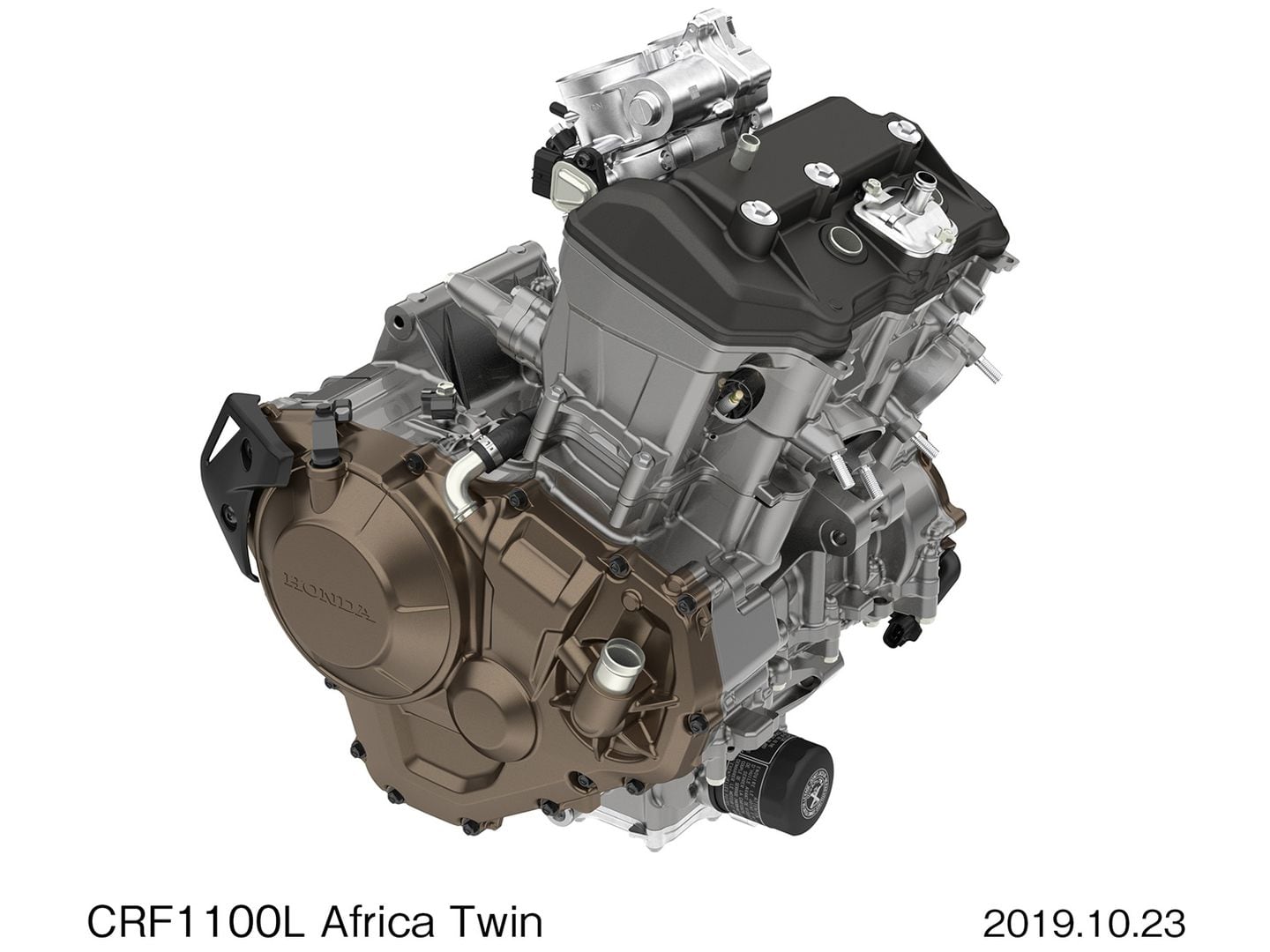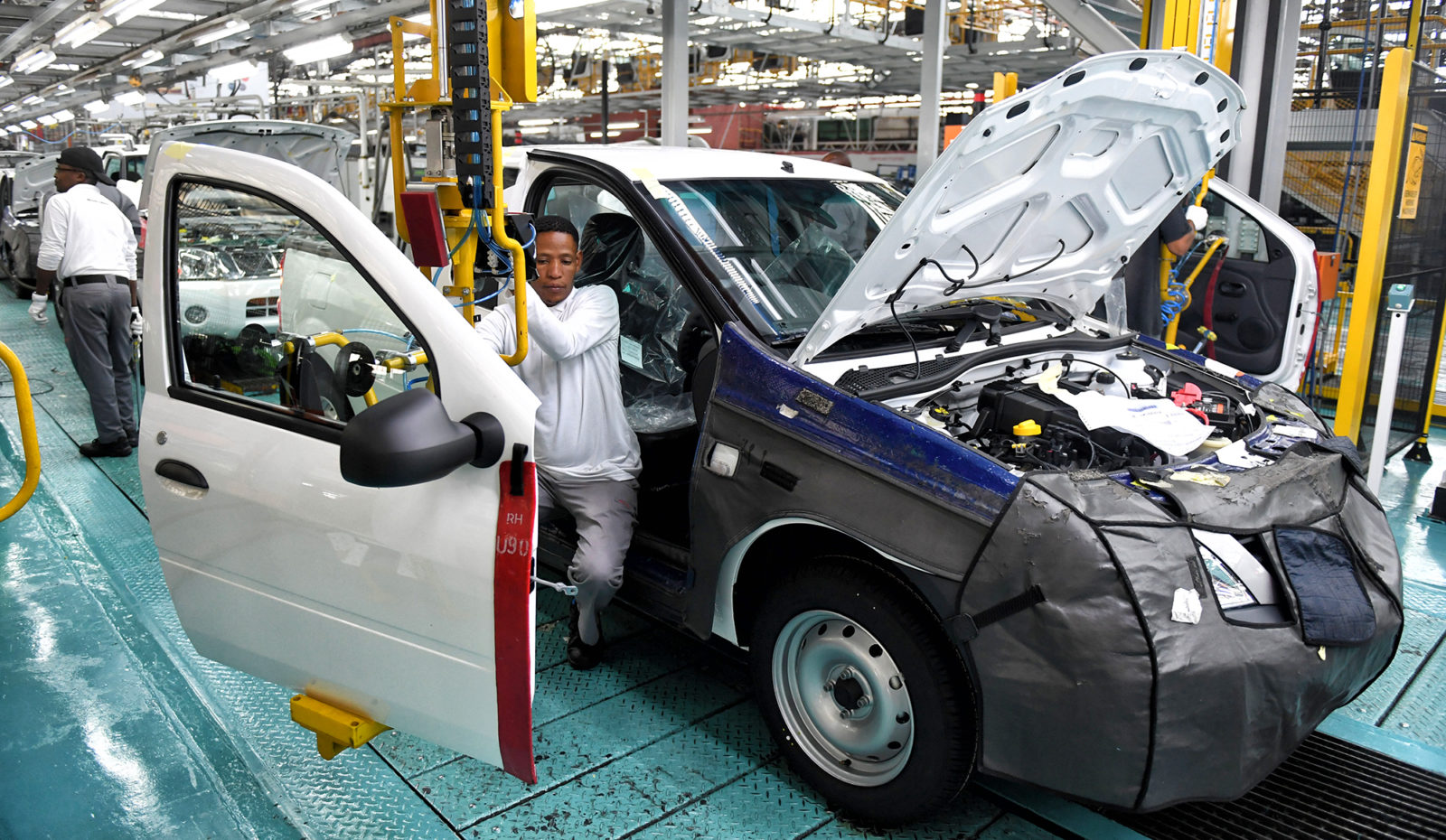The Role of Engines for Africa in Boosting Local Industries and Infrastructure
Comprehending the Long-Term Advantages of Spending in Engines for Africa for Future Development
The possibility of spending in engines for Africa-- covering facilities, education, and modern technology-- offers an engaging chance for long-term growth and security. Such investments not only lead the way for sustainable economic diversity however also fortify durability against worldwide challenges.
Economic Stability and Durability

Furthermore, strength allows African countries to adjust to altering international dynamics, including climate adjustment and technical advancements. By focusing on economic diversity, countries can lower reliance on a slim series of fields, thus minimizing threats related to financial slumps. Financial investment in innovation, education and learning, and infrastructure more bolsters this resilience, empowering neighborhoods to flourish despite obstacles.
Applying sound monetary policies and strengthening monetary establishments are likewise important methods for improving economic security. These procedures can promote accessibility to debt, enhance savings rates, and advertise efficient source allocation. Ultimately, a durable financial framework lays the structure for sustainable development, making certain that Africa can maximize its immense capacity while preparing for future uncertainties.
Task Creation Opportunities
A vibrant job market is vital for driving sustainable growth and decreasing poverty in Africa. Purchasing engines for Africa, particularly in industries such as manufacturing, agriculture, and technology, can dramatically boost work production chances throughout the continent. As brand-new markets arise, they demand a labor force equipped with varied abilities, causing boosted employment prospects for neighborhood populations.
These investments not only develop direct work possibilities yet also promote secondary fields. As an example, a growing production sector can bring about increased demand for logistics, maintenance, and supply chain administration functions. This multiplier impact amplifies the overall work landscape, cultivating a robust ecological community where different industries thrive collectively.
In addition, increased work chances can promote entrepreneurship, as individuals with secure revenues commonly look for to purchase their very own organizations. This business spirit can offer added work methods, adding to a dynamic economic climate.
Ultimately, by focusing on job production with strategic investments, Africa can harness its capacity, making sure that financial development translates right into substantial advantages for its people - engines for Africa. In doing so, the continent can develop a sustainable future that focuses on both economic advancement and social upliftment

Enhancing Education Systems
Frequently improving education and learning systems is crucial for gearing up Africa's young people with the skills essential to grow in a swiftly developing job market. A robust educational framework should focus on both academic quality and functional skill development. By aligning curricula with the demands of sectors, instructional organizations can much better prepare pupils for future work possibilities.
Financial investment in educator training programs is important to boost educational high quality. Trained educators inspire trainees and foster vital reasoning, creative thinking, and analytical capabilities. Including technological and vocational training into the education system can offer pupils with concrete abilities that satisfy market demands, therefore reducing youth unemployment prices.

In addition, boosting accessibility to education and learning, especially in underserved and rural locations, is over at this website essential. Strategies such as mobile understanding systems and community-based education and learning initiatives can link the gap, making certain that all youth have the possibility to do well (engines for Africa). Ultimately, a versatile education system will certainly be a cornerstone for Africa's lasting growth and advancement
Innovations in Innovation
Using the power of innovation is changing numerous industries across Africa, leading the way for development and development. The combination of innovative modern technologies such as fabricated intelligence, huge information, and the Internet of Points (IoT) is changing markets, enhancing productivity, and driving economic development. These innovations are allowing companies to streamline operations, enhance decision-making processes, and foster an extra open market atmosphere.
In agriculture, as an example, precision farming techniques powered by information analytics are optimizing plant returns and resource monitoring. The monetary industry is witnessing a rise in mobile banking and fintech options, which are raising financial inclusion and providing essential services to underserved populations. Furthermore, the medical care sector is taking advantage of telemedicine and digital wellness documents, boosting accessibility to quality care throughout remote areas.
As innovation remains to progress, its impact on education and learning is additionally considerable, with e-learning platforms increasing instructional possibilities. By investing in these technical developments, African nations can unlock brand-new financial opportunities, develop jobs, and elevate living requirements. Welcoming technology is vital for lasting development, ensuring that Africa remains competitive on the global stage.
Facilities Advancement Influence
The rapid improvements in technology are closely intertwined with the immediate demand for infrastructure development across Africa. As countries aim to boost their economic landscapes, buying durable facilities systems comes to be extremely important. Reliable facilities-- consisting of transportation networks, energy grids, and communication systems-- helps with enhanced accessibility to sources and markets, inevitably reinforcing productivity and economic development.
The impact of infrastructure growth extends beyond immediate this link financial advantages. It plays a crucial duty in improving the lifestyle for people by supplying crucial solutions such as tidy water, electrical power, and healthcare. Boosted framework fosters a setting favorable to advancement, attracting both neighborhood and foreign financial investments. This, consequently, lowers and produces tasks poverty levels, consequently transforming neighborhoods.
Moreover, strategic investments in infrastructure can mitigate the dangers related to climate adjustment, as resistant systems are vital for adjusting to ecological difficulties. By focusing on sustainable infrastructure development, African countries can make certain lasting development and stability. Eventually, the interplay in between technological advancements and infrastructure development is important for recognizing the continent's complete capacity and achieving sustainable development goals.
Conclusion
To conclude, spending in engines for Africa-- incorporating technology, education, and infrastructure-- provides considerable long-term benefits necessary for lasting growth. Such strategic financial investments foster financial stability and durability, produce job possibilities, and improve education systems, eventually causing developments in innovation and infrastructure advancement. The advancing effect of these initiatives not only strengthens market accessibility and source distribution yet likewise placements African nations to thrive and adjust in a significantly dynamic international landscape.
Economic stability and strength are vital parts for sustainable development in Africa, particularly as the continent looks for to harness its large sources and potential. By focusing on economic diversification, countries can minimize dependency visite site on a slim range of sectors, hence reducing risks associated with economic downturns. Inevitably, a durable economic framework lays the foundation for lasting growth, ensuring that Africa can utilize on its immense potential while preparing for future uncertainties.
Efficient infrastructure-- making up transportation networks, power grids, and communication systems-- facilitates improved accessibility to resources and markets, ultimately bolstering performance and financial development.
Such critical financial investments foster financial security and resilience, produce task possibilities, and enhance education and learning systems, eventually leading to improvements in innovation and framework growth.